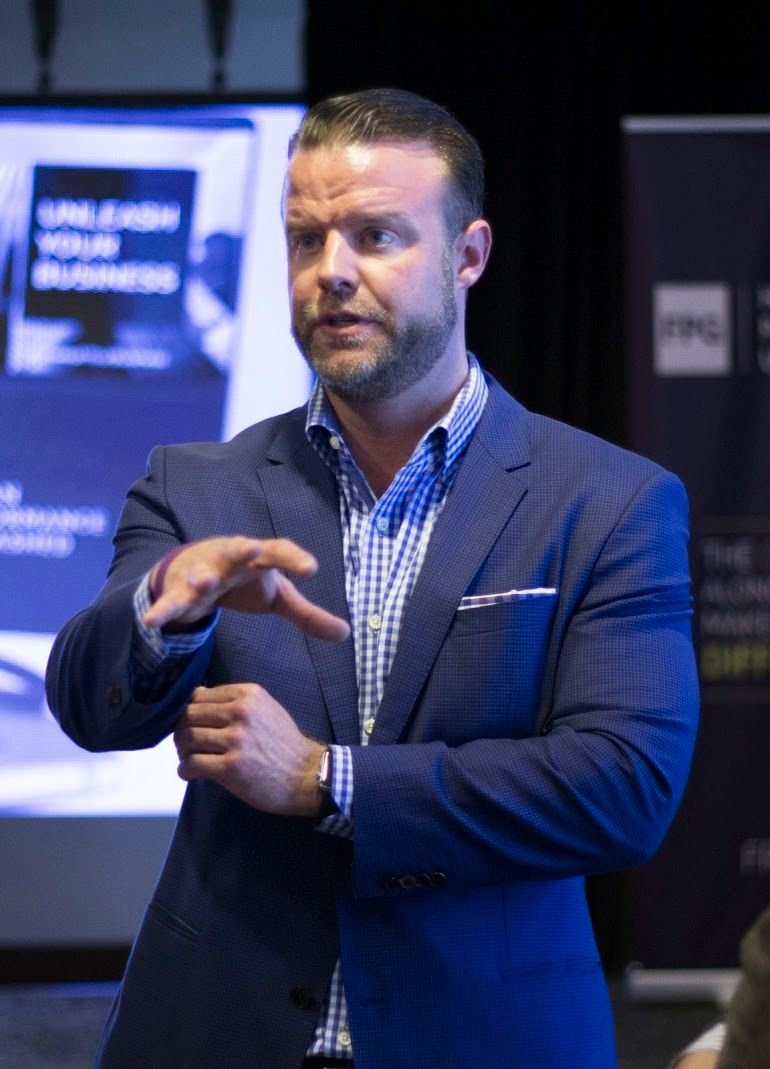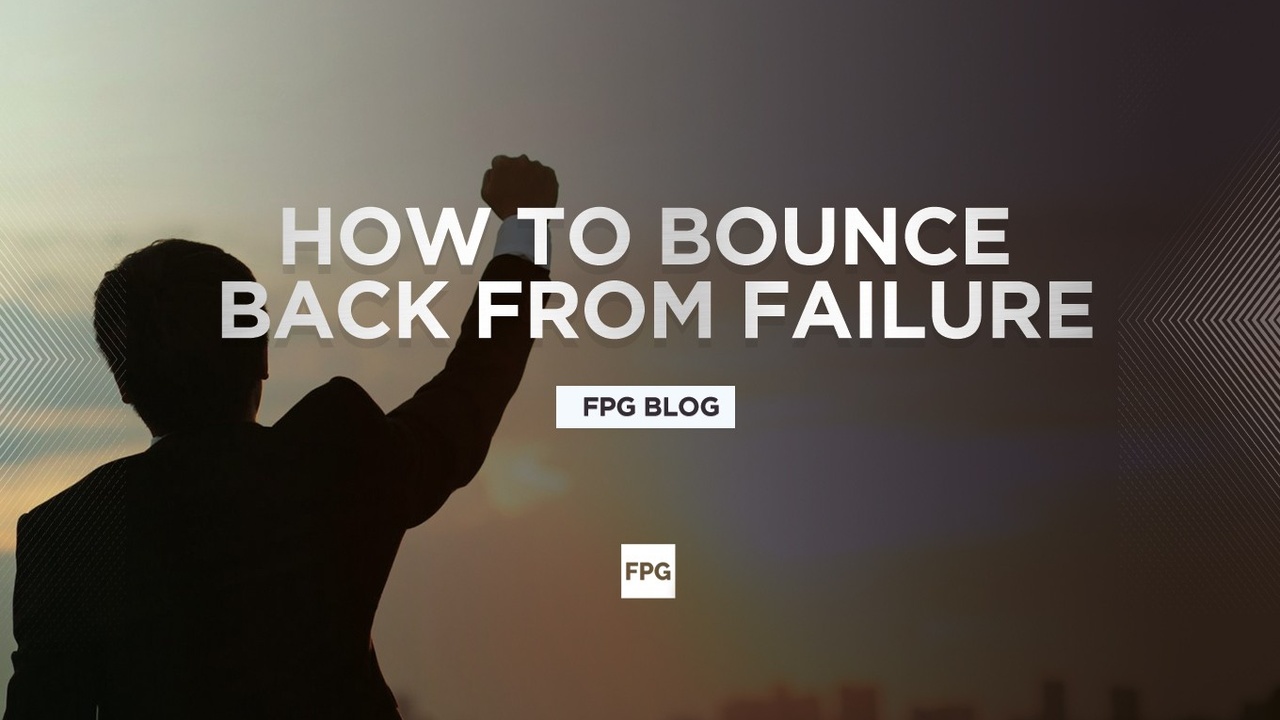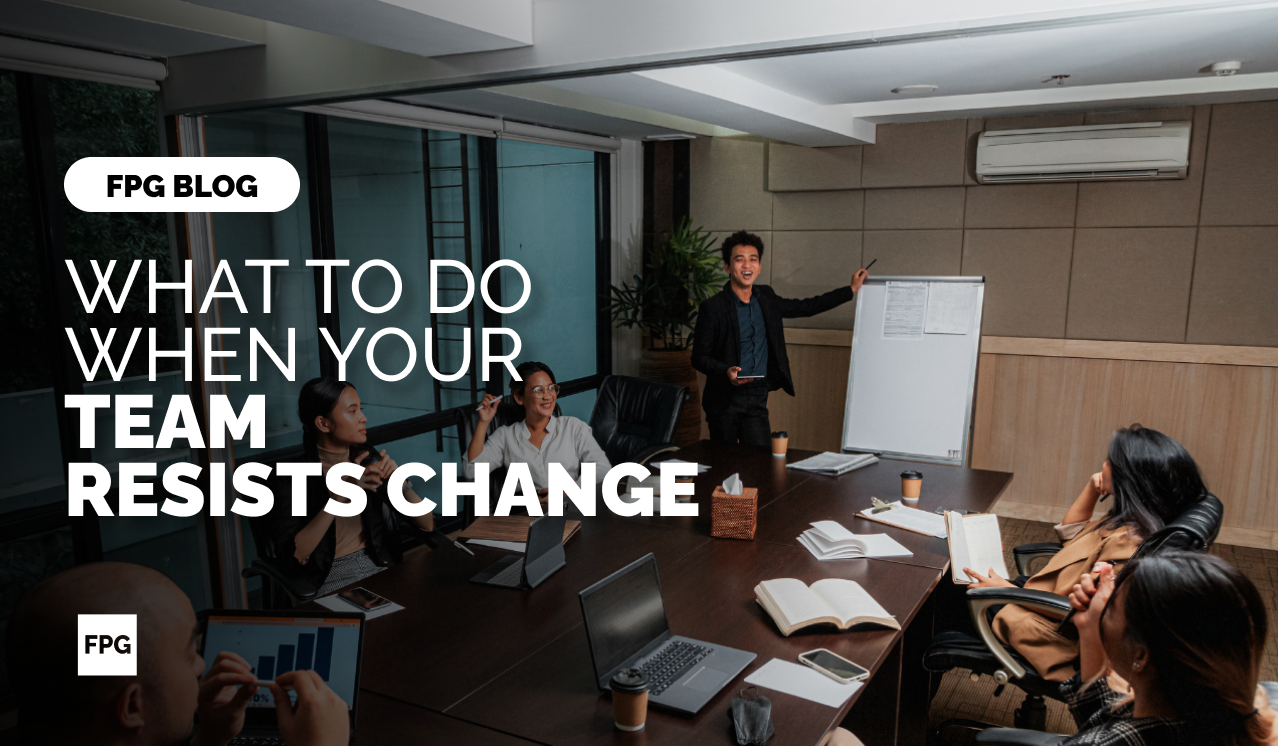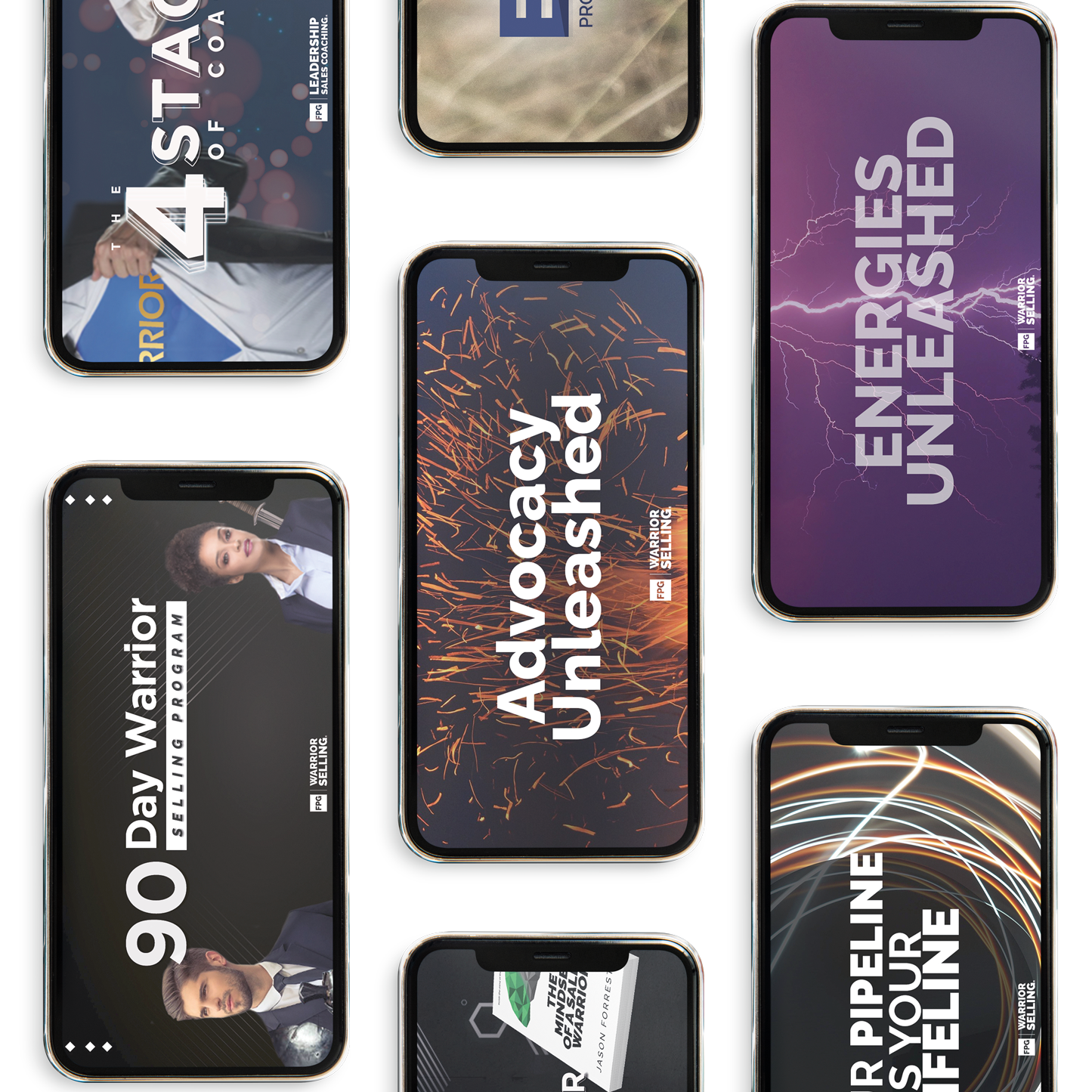How we handle our setbacks is far more important than how we handle our successes. We all experience setbacks in life, and our attitude about those setbacks is what determines whether we bounce back or fall hard.
The first time I lost a client, I thought the world was crashing down around me. It wasn’t just the revenue loss. It was what that meant for my company, for me, for our relevance – everything. But as I look at that moment in hindsight, I realize that by having that experience, I was able to refocus my energy and figure out a better way forward. It actually made our company better, because we were able to course correct, adjust, and improve. That’s all a setback really is – a small tug telling you it’s time to shift gears.
There’s no profession on earth where a person will experience more setbacks daily than sales professionals. A salesperson might get rejected by 50 out of 50 prospects on Monday, and they have to start it all over again with a fresh mindset on Tuesday.

According to HubSpot’s data, 44% of salespeople give up after one rejected pitch, but prospects require more than a simple transaction. In fact, 80% of sales need five follow-up interactions. And another 20% will wait 12 months after requesting information about your company before they buy. It’s impossible to overstate how much mental fortitude it takes not just to overcome those setbacks, but to turn them into something positive.
Sales Warriors don’t just know how to handle the word “NO.” They’re strengthened by it.
So often we only focus on the deficit gap in the wake of a negative experience, and not on the abundance gap. Psychologically, the deficit gap is how much below the norm we believe we are as a result of some negative outcome. If someone hangs up the phone in the middle of a sales call, the tendency is to judge yourself based on how poorly the call went versus how much better you wish it would’ve gone. We dwell on the failure instead of reflecting on the possibility of what we could learn from the experience.
But too often we don’t slow down and look at the abundance gap instead. This mindset flips the script. It looks at how much you’ve learned because of that call, and how much better you’ll be, compared with how the call actually went.
So instead of rehashing everything you did wrong in generalities – “I can’t believe how poorly that went” – you use the experience by extracting specifics – “Next time I can move the sale forward by getting the position of strength earlier.”
The military recently completed a study around the after-action reviews they give to soldiers to debrief after combat. When soldiers who failed their missions received reviews over what went wrong, they were more likely to succeed the next time compared to soldiers who received reviews after successful missions. Think about that. The soldiers who failed learned more and succeeded at a higher rate than the successful soldiers.
Just the same, you can turn every single loss into a teachable learning moment that leads to more wins down the road.
Sales Warriors are constantly growing and adapting with every setback. They don’t see deficit gaps, only abundance gaps. Everything in your life, including and especially your setbacks, is happening for you, not to you. Finding the teachable lesson that will gift you with your greatest renewable energy source.

So, here’s how to bounce back from your setbacks:
- Write down 10 times in your life when you faced a setback and how you achieved a comeback.
- For each instance, write out what you learned and the specific strategies you used to achieve your comeback.
- Then write down what each instance did for you, instead of to you.
- Keep this list close when you hit your next setback. Use the strategies and mental state you had in those previous moments to fuel your current one.
All you have to do to create buy-in around your ability to stage a comeback is to have awareness around the times you’ve already done it in the past. These 4 simple steps are going to layout your history of accomplishments to give you gratitude that fuels the courage you’ll need to push through your future setbacks. Remember, you cannot fail. You can only learn and grow.
Traditional Sales and Leadership Training fails to address the real problem!
You’ve tried training your team in the past, but it didn’t really work. The old style of training just doesn’t seem to work anymore. It’s no secret that sales and leadership training is essential, but it can be hard to find a training program that actually works. Most programs are outdated and are not focused on changing behavior.
FPG Sales Training is different. We don’t use the traditional approach of lecturing your team for hours on end. Instead, we help your team understand their mindset and give them the tools they need to succeed. We help them remove their excuses so they can finally achieve their goals. Book a Meeting today!

Jason Forrest
Jason Forrest has disrupted the sales training industry by creating the first training program that changes behavior. This is done through 1) teaching tactical real-world processes; 2) the language of persuasion, 3) removing the mental leashes that hold people back, and 4) through a program-based training approach. This philosophy is what led his Warrior Selling® and Leadership Sales Coaching programs to be ranked in the top 2 of the World’s Top Sales Development Programs, by Global Gurus. His provocative style of speaking his truth ranks him at number 5 on the Global Sales Guru list.
Jason is a Master Practitioner in Neuro-Linguistic Programming, the science of influence and behavioral change. He is also a Practitioner in Accelerated Evolution, the psychology of removing fear in high performers.










